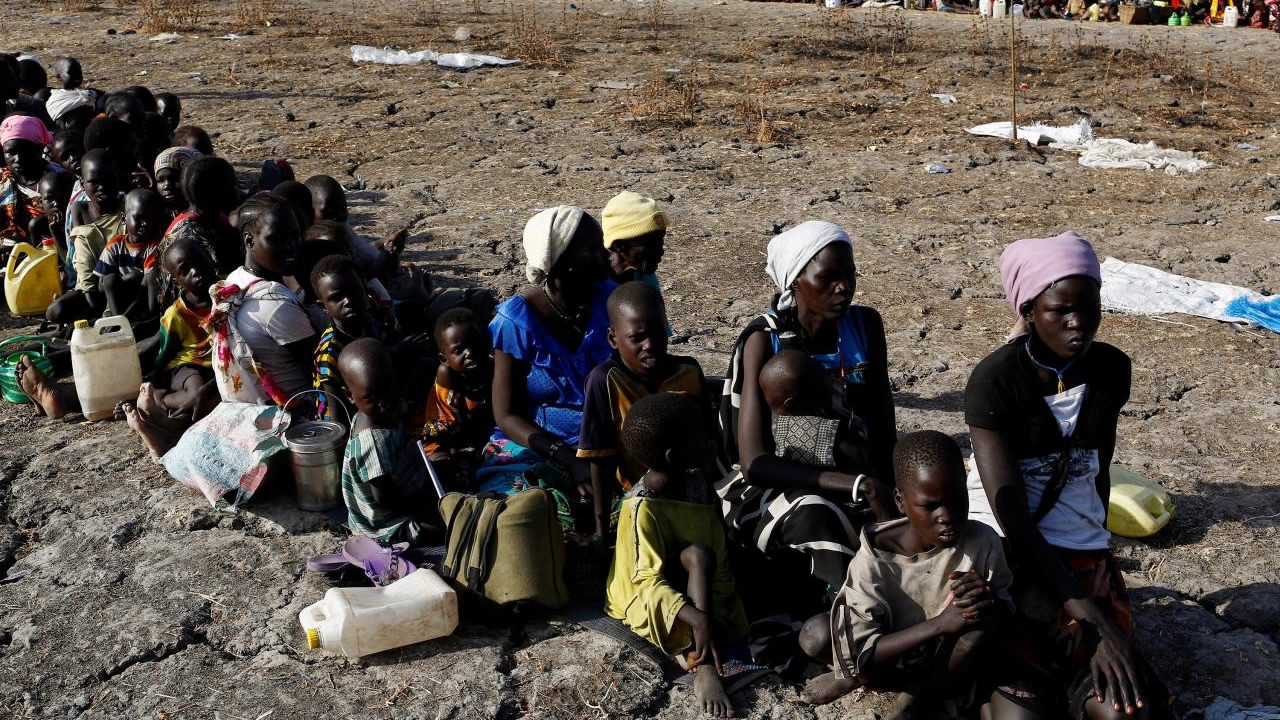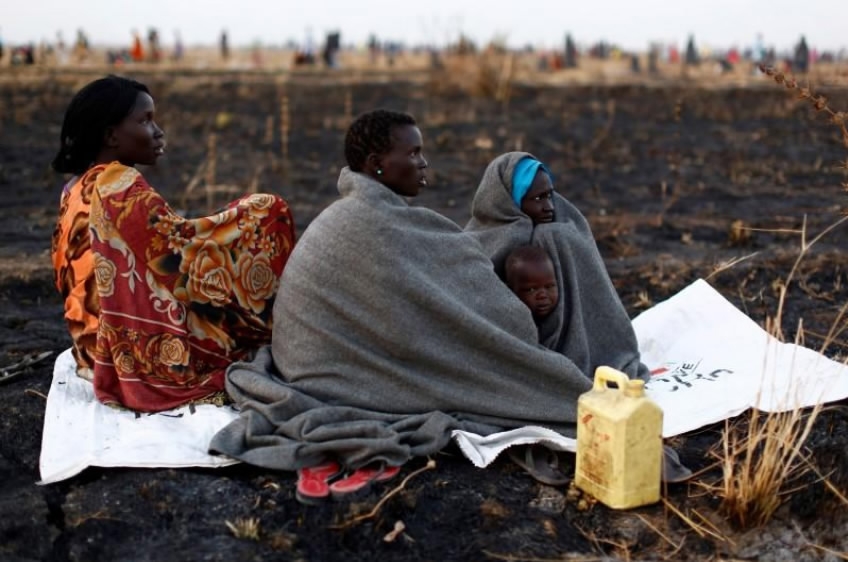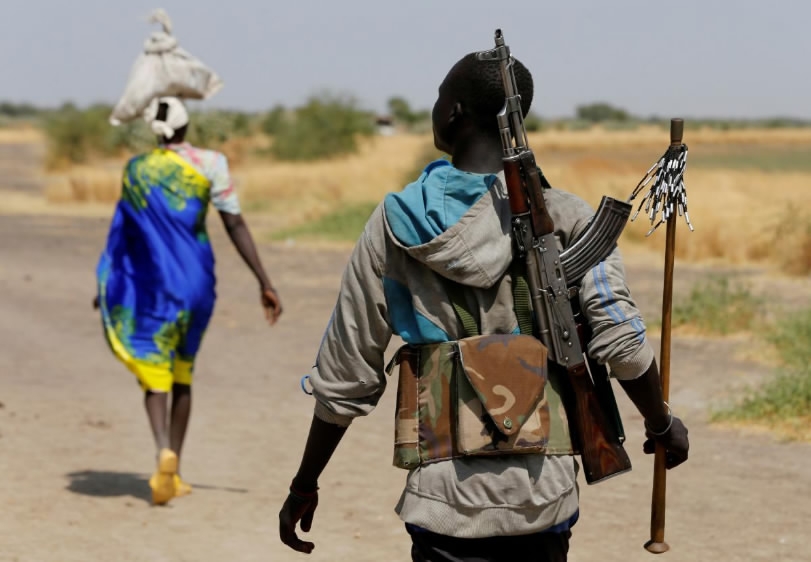
Politics
14:58, 28-Feb-2018
New famine in South Sudan could hit at least 7 million people: UN
CGTN

A year after famine was declared in parts of South Sudan, the United Nations has warned over seven million people – almost two-thirds of the population – in the war-torn country could face severe food shortage in the coming month.
In January, nearly half the population struggling to find enough food each day were in “crisis” or “emergency” levels of food insecurity, UN agencies said on Monday, urging sustained international humanitarian assistance and access.
It means there's a 40-percent increase in the number of severely food insecure people compared with the same time last year.

Feb. 7, 2017: Women wait to be registered prior to a food distribution by the UN World Food Programme (WFP) in Thonyor, Leer state, South Sudan. /Reuters Photo
Feb. 7, 2017: Women wait to be registered prior to a food distribution by the UN World Food Programme (WFP) in Thonyor, Leer state, South Sudan. /Reuters Photo
The warning comes one year after famine was declared in parts of South Sudan last February.
"We are preparing for rates of severe malnutrition among children never before seen in this country,” said Mahimbo Mdoe, UNICEF’s Representative in South Sudan.
"Without an urgent response and access to those most in need, many children will die. We cannot allow that to happen,” he warned.
Why are there still famines?
Despite improved access and a massive humanitarian response later last year, the food insecurity outlook has never been as dire as it is now, the UN's report said.
Particularly at risk are 155,000 people, including 29,000 children, who could suffer from the most extreme levels of hunger, it warned.
The UN projected the number is expected to further increase – 6.3 million people will be in famine during February-April this year, and the number will hit 7.1 million during May-July.
Some facts on South Sudan:
- Population of about 10 million;
- Independence from Sudan in July 2011;
- 2013 to 2015 civil war displaced 2.2 million people;
- Chinese peacekeepers first arrived in South Sudan in December 2015;
- UN declared famine in parts of S. Sudan, called it man-made catastrophe in February 2017.

An armed man walks on a path close to the village of Nialdhiu, South Sudan, Feb. 7, 2017. /Reuters Photo
An armed man walks on a path close to the village of Nialdhiu, South Sudan, Feb. 7, 2017. /Reuters Photo
After the massive starvation was declared early 2017, the UN called it a man-made catastrophe caused by civil war and economic collapse.
Since the civil war broke out, over 2 million people were forced to flee their homes.
The political dispute led to reduced food production and disrupted livelihoods.
The hunger level was further exacerbated by an economic collapse that rendered markets and trade unable to compensate for the local food production decrease.
(With input from the United Nations)
9234km

SITEMAP
Copyright © 2018 CGTN. Beijing ICP prepared NO.16065310-3
Copyright © 2018 CGTN. Beijing ICP prepared NO.16065310-3